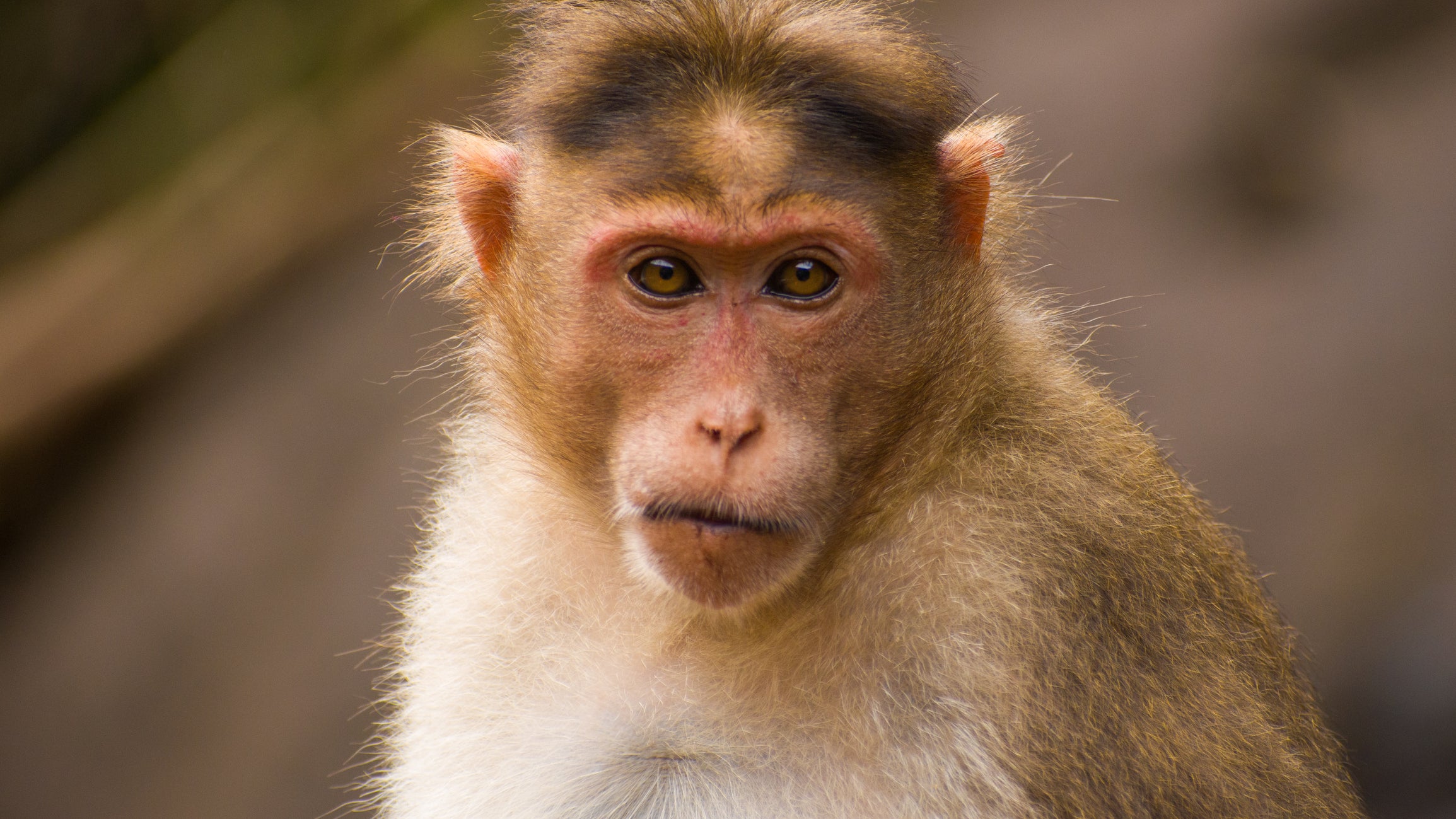New testimony in a University System of Georgia whistleblower lawsuit involving a research monkey’s death supports the claim that MCG officials swapped-out tissue from another animal during a botched investigation.
The head of a complex research project into treatments for blindness, MCG brain scientist Jay Hegde conducted experiments on Ovechkin and Crosby, two rhesus macaques. Then in January 2014, after routine surgery to implant a recording device in his brain, Ovechkin died.
Hegde said he pushed for a thorough investigation of Ovechkin’s death, including a blood test for the drug overdose that contributed to his death. Instead, Hegde said he ran into a coverup.
At the outset, veterinarians responsible for the monkey had not notified MCG’s federally-mandated Institutional Animal Care and Use Committee, he said. A few days later, he was told results from the blood test had been “accidentally shredded.” His further efforts to investigate were blocked.
MORE: Paceline donates annual check to Georgia Cancer Center
Hegde would find, a few months later, that the university had asked the National Science Foundation to terminate his grant funding. In 2016 he filed a lawsuit under the Georgia Whistleblower Protection Act.
The university was punishing him, the suit said, for drawing attention to the veterinarians’ misconduct. Rather than conceal it, Hegde said it needed to be exposed, to protect both other animals and continued grant funding.
With the case now slated for mediation, Hegde’s attorney Tanya Jeffords recently revealed a finding that could radically impact its outcome. In a motion for more time to obtain information, Jeffords cites expert testimony stating the university’s monkey tissue samples weren’t from a rhesus macaque at all. State attorneys previously claimed the samples had been destroyed.
AnnMarie Clark, a forensic analyst and geneticist with the University of Florida’s Maples Center for Forensic Medicine, wrote in the report she could not determine what species the samples were from, but it was not that of Ovechkin.
MORE: Augusta mayor releases statement on Gold Cross EMS, former commissioner speaks out
“The FFPE (preserved) samples are not from macaque,” Clark said in the report that Jeffords cites in her motion.
“At this point I cannot determine what species the samples are from, and I am currently awaiting more data to be delivered which may provide the species of origin information,” Clark said.
The finding shows university system officials aren’t telling the truth, Jeffords said.
“Compelling evidence now shows the samples defendant claimed originated from Ovechkin did not in fact originate from Ovechkin, or even another monkey of the same species,” she wrote.
Susan McCord is a staff writer with The Augusta Press. Reach her at susan@theaugustapress.com










